To start off, where does the name “Femme Regard” come from? What does it mean to you?
Femme Regard is derived from the French phrase “regard féminin” which translates to “female gaze.” It was coined in response to the film theorist Laura Mulvey’s “male gaze,” a term used to represent both the gaze of the viewer, as well as the creator.
The majority of mainstream film, both classical and modern, is shown from the male gaze, and regardless of the gender of the main character, tends to skew the point-of-view, objectification of, and society’s roles for women. We believe in changing that viewpoint, and not at the expense of sex appeal. It is our mission to create and share art from the female gaze for all audiences.
The Femme Regard podcast, now on its 5th season, was launched in March 2019. Whose idea was it to start a podcast, and when did you decide to make it happen?
We had established our film production company, Femme Regard Productions, about a year prior and were struggling with how to both connect with a larger audience and broaden our network. We decided that a podcast would be a great answer. It would also allow us to share our experience, the lessons we’ve learned, and answers to questions we didn’t even know to ask when we were starting out. It is our hope that beginner filmmakers listen to learn and leave inspired.
We met Mike Casentini from the Network Studios near the end of 2018, who coached us on starting our podcast and remains our sound engineer to this day. We started gathering industry guests and recording, allowing us to release in binge-form in March. A few seasons later and we are now on a weekly schedule with seasons full of guests.
The podcast’s target audience is the indie filmmaker “with some knowledge of the industry and a lot of drive.” Is the idea of formal training as a prerequisite outdated?
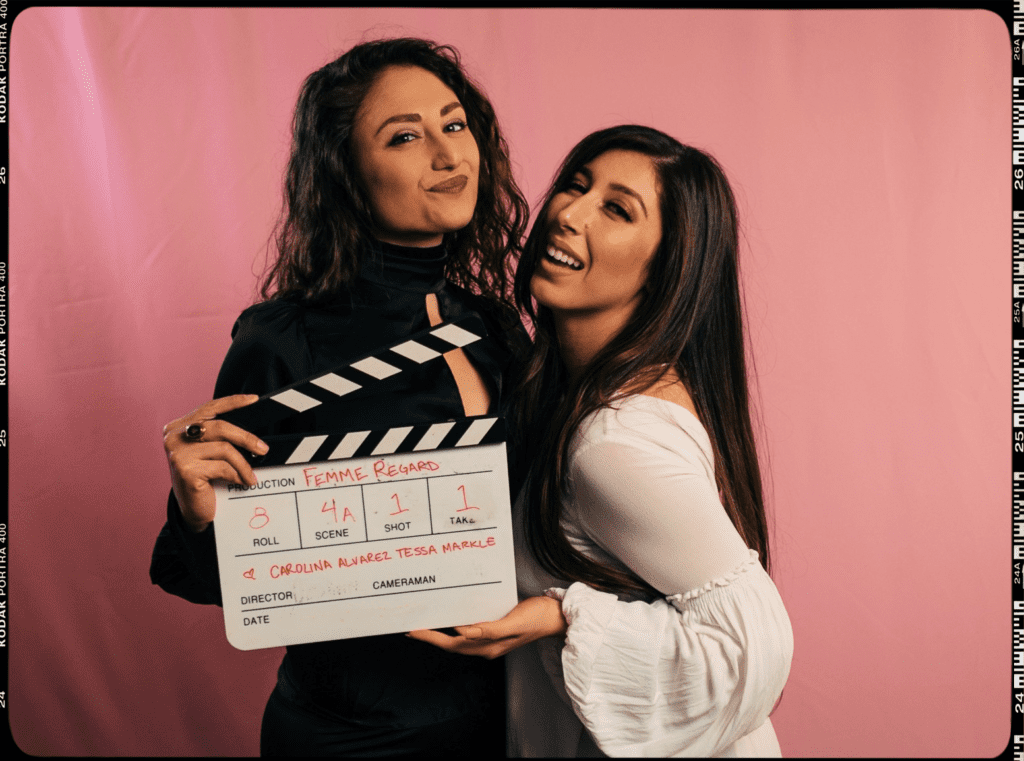
That’s a question without an easy answer. We debate this topic with several guests, especially in this current season, with guest Katrina Cebreiro.
Film/performance/entertainment is a unique industry where no formal training, degree, or certification is necessary. Previous experience and an impressive resumé can certainly get you ahead quicker, but also isn’t necessarily required.
In short, do you need to go to film school? No. However, knowledge of the craft, business, and industry are essential. Formal training and school can certainly be a benefit. We encourage people to examine what their curriculum will cover and what they specifically want to learn. For instance, we both graduated with performance degrees, which did not prepare us at all for the business side of the industry, while our guest Katrina went on to get her MFA in screenwriting and attributes much of her success to that training and support.
If both of you could choose one guest, from any time period, to have on the show, who would you invite?
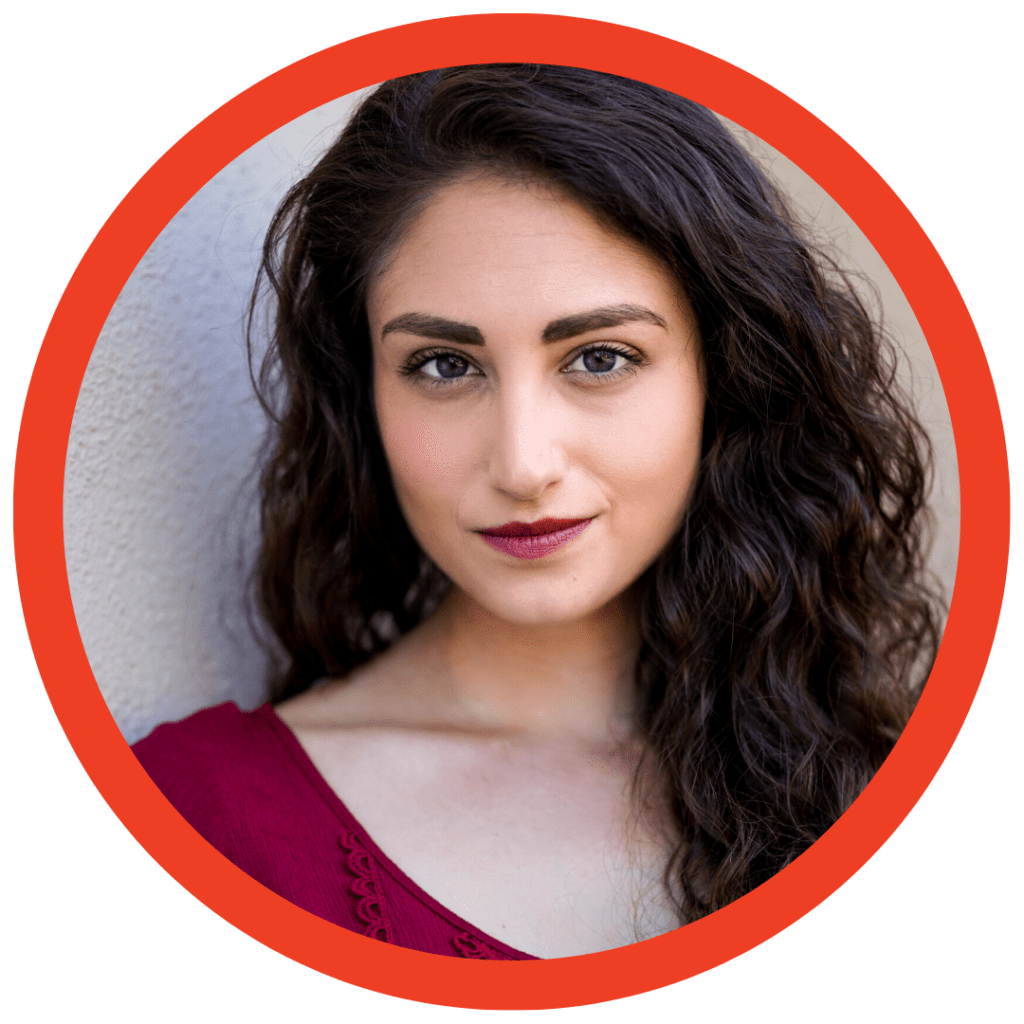
Tessa: I think it would be a tie between David Lynch and Quentin Tarantino. Both are unique filmmakers (and two of my favorite directors) who are artists in every sense of the word.
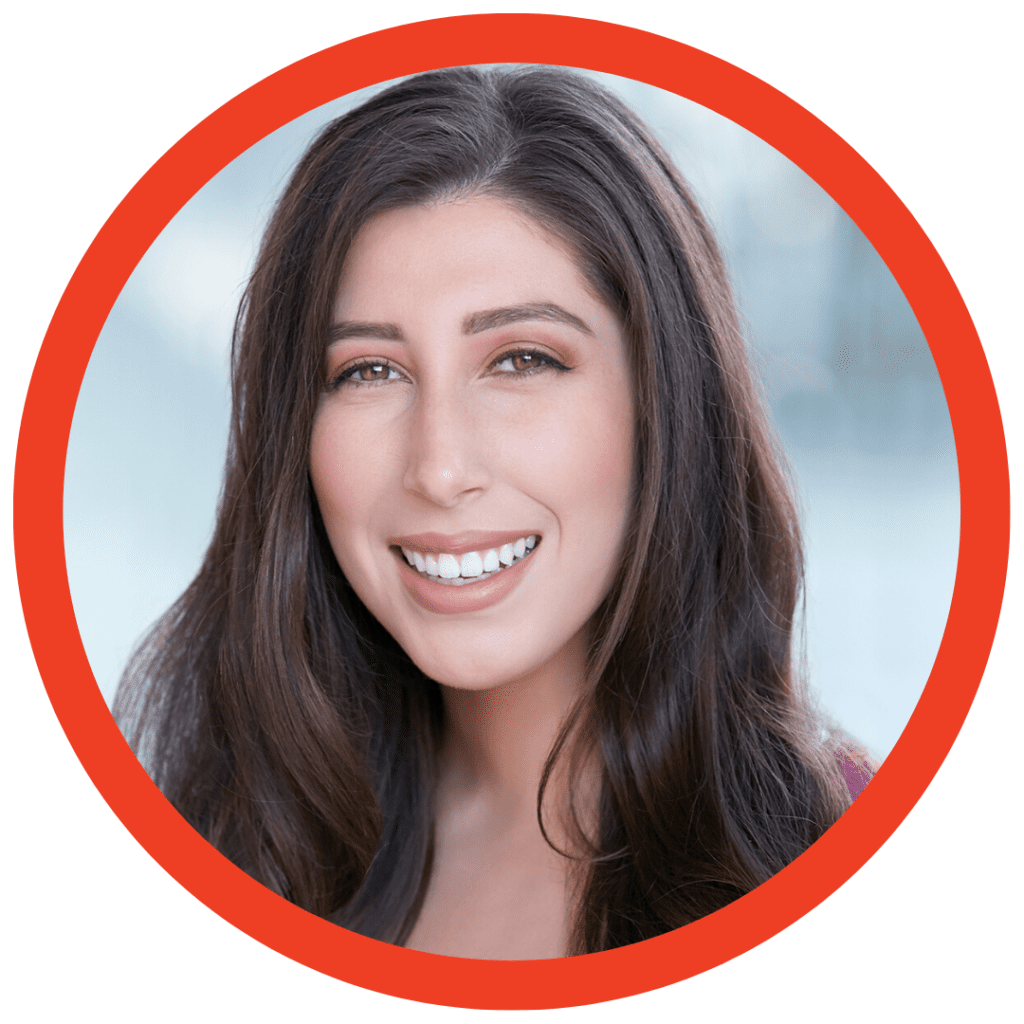
Carolina: OMG definitely Quentin Tarantino. But if the time period doesn’t matter I would definitely have french filmmaker Jean-Luc Godard on the show (whom Tarantino also is a fan of). He is not only important to the French New Wave movement but to the feminist film theorists, as he does an amazing job at showcasing many views.
It is worth mentioning that while our dream guest choices may come as a surprise, we wholeheartedly support male filmmakers as well, and hope they too want to change the female stereotypes and support women in film.
Your film Desert Flowers challenges stereotypes by simply existing as a Western from the female perspective. Was that an intentional choice?
When we first came up with the idea, we were really excited because we didn’t know of anything similar. Of course, since we birthed the idea, several female-driven westerns have sprouted. While everyone wishes they could be the first to start a trend, we are so excited that the sub-genre has emerged and we hope it continues to grow!
We want to turn that narrative on its head while still paying homage to the classic spaghetti western genre that inspired us to begin with.
Westerns have traditionally treated women as nothing more than the love interest, the sacrifice, or the whore. We want to turn that narrative on its head while still paying homage to the classic spaghetti western genre that inspired us to begin with.
Which social media platform have you found to be the most helpful for building an audience and community? Does Femme Regard have a membership model?
We find that it’s easiest to connect with our audience on Instagram, which is also where we have found several of our guests. It’s informal and allows us to connect to an artist’s work and style before ever even meeting them in person (unlike classic, awkward, in-person networking). We do remain active on Facebook (where a large number of our family and friend supporters follow our progress), Twitter, and have recently joined TikTok.

We don’t have a membership model yet, but once things calm down in the world, we will be launching our Patreon, which will allow patrons to essentially subscribe to all things Femme by making a monthly donation and concequently gaining access to exclusive goodies.
A central idea behind Femme Regard as a company is that women do not have equal opportunity in film. How have you experienced this reality? Does podcasting have a similar issue?
A quick IMDb search of mainstream film shows how many more men are getting hired in major creative roles. And if you look at the major film award recipients, the number of women shrinks even more.
Turns out, it doesn’t take much research to find tons of talented female creatives, who we’ve now gotten to know, support, and look forward to working with.
We were shocked at the low number of women we personally knew who took on the roles of director, camera operator, sound, cinematographer, etc, when we were getting started. As actresses already, we thought we knew a decently large network. Turns out, it doesn’t take much research to find tons of talented female creatives, who we’ve now gotten to know, support, and look forward to working with.
We haven’t experienced it nearly as much in the podcast world. I think, partly due to the fact that podcasts are still a relatively new medium in a world where gender equality is a priority.
What has surprised you the most about your listeners? Has the podcast spread outside of the independent filmmaking community?
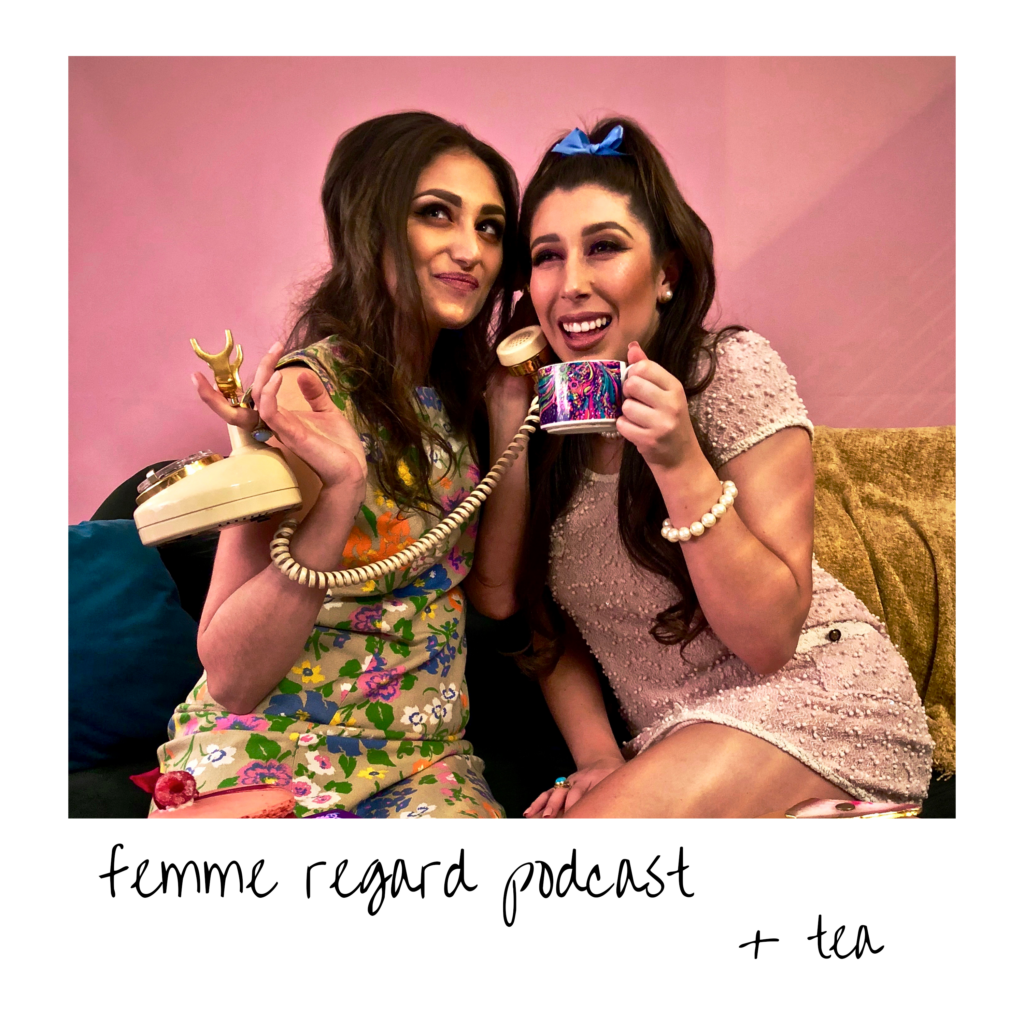
The analytics of our audience surprised us at first. We started out with significantly more male listeners, which has since balanced out with women taking the lead, but only slightly. We also found that we had several listeners in locations we never expected.
While we are reaching lots of filmmakers, we’ve definitely spread outside of the industry as well.
The most surprising and exciting thing we’ve found though, is that while we are reaching lots of filmmakers, we’ve definitely spread outside of the industry as well. We’ve gotten several messages from folks who have nothing to do with filmmaking that just enjoy listening because they find it interesting and inspiring. We also love hearing from listeners that we keep them company, especially during these isolating times!
Every episode shares intimate, realistic knowledge with other filmmakers. How much of that guidance did you learn the hard way?
A lot! We’ve learned everything we know about filmmaking either on the job or from the support of other professionals. Sure, we’ve both taken all sorts of classes on the craft and a few have touched on the business, as well as countless panels and webinars on specifics like fundraising and budgeting. But you never know how much you don’t know until you know, you know?!
As independent filmmakers, have you ever been given advice that turned out to be unrealistic, backward, or counterproductive?
The problem with advice in entertainment is that so much of the time, there’s no right or wrong way to do something. Certain tactics work with certain people or for certain projects or with certain equipment. But with such an abstract and uncertain industry, there is no black and white.
We say several times on the show as well, that the advice we share isn’t fact. It’s only what has worked for us, which is all one can ask for.
Podcasting obviously lacks the visual element of film when it comes to sharing an individual perspective. Have you had to rework your approach, or has speaking to an audience come naturally?

It took some getting used to, but I think being active in the age of social media has helped. We were already connecting with our audience via Instagram stories and live videos. In a way, it is almost better to connect on an audio platform. Unfortunately sometimes the visual element can be tainted, as we’re young women and we know what can tend to get the most likes, which we are not about.
We felt that sharing our journey and our opinions were important to not only educate our peers but allow them to understand, THIS DOES NOT HAPPEN IN A DAY.
We started this podcast to connect to our audience and share our journey since it can take years to share the final product of our films, something the typical follower may not realize. So rather than wait around to finally showcase our work and get connected, we felt that sharing our journey and our opinions were important to not only educate our peers but allow them to understand, THIS DOES NOT HAPPEN IN A DAY.
It’s important to us that our listeners get to feel our personalities on the show as well, and allowing the conversation between us and our guests to be natural and casual has kept us from “putting on” a “radio personality.”
Many independent and niche podcasts tend to feature interviews with members of their communities. Does Femme Regard foster that overlap? How do you typically find guests?
Definitely. Our guests range from personal friends of ours right about at the same level as us, to indie filmmakers with more experience but who haven’t quite gotten recognition yet, to professionals making a good living in the industry. We’ve had guests from LA, New York, Vancouver, and more. Some of our guests were already in our network before the show began; some we met at panels or through networking events; and now we’re finding more and more via social media.
Recommendation time. What film made by a female filmmaker influenced or inspired you the most? Was there a certain podcast that made starting one feel like the right move?

Tessa: I don’t know that there was one film that made me go “I have to do this, and this has got to be the mission behind it”, but I definitely have some must watches: Monster (Patty Jenkins), Lost in Translation (Sofia Coppola), Lady Bird (Greta Gerwig), and Booksmart (Olivia Wilde).
I can’t point to any one podcast that inspired us to start, but, admittedly, I wasn’t an avid podcast listener beforehand. I’ve definitely developed some favorites since though, including “Life with Caca” (Carolina Groppa), “A Female Lens” (Jennifer Zahlit and Larkin Bell), “Catch a Break” (Jennifer Volturno), and “The Work” (Bonnie Gillespie).

Carolina: For me coming from a culturally diverse background of Polish/Colombian, I’ve first started out for a love of foreign cinema. Aside from the stories feeling more “real” to me than the classic Hollywood ending, a lot of foreign cinema showcases storytelling from a social commentary much like what we saw in Oscar-winning film Parasite by Bong Joon-ho.
That catapulted me to write stories I felt needed addressing socially, and what more could I personally share than my own female experiences? But to shoutout a favorite foreign film of mine that touches on all these things is Iranian female filmmaker Ana Lily Amirpour’s A Girl Walks Home Alone at Night, which led to the make of our own short film “The Girl Who Takes the Train Alone at Night.” I’m with Tessa on those podcast recs!
As the podcast grows, how have the project’s goals changed? Where do you hope to be a year from now?
The goals haven’t really changed, just expanded. We’re now looking to get our listenership into the thousands and to start partnering with more sponsors. We hope that a year from now we can be consistently releasing weekly and getting ten times as many downloads per episode. We’d love to have some guests on with household names and be able to cover all of our production costs. But most importantly, if our listeners are happy, we’re happy!
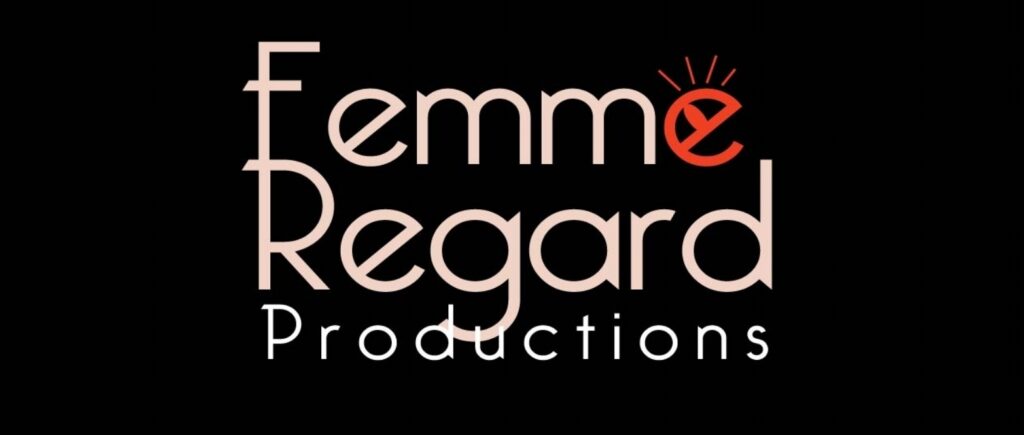
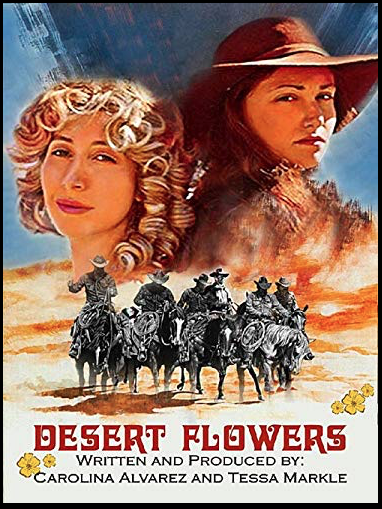

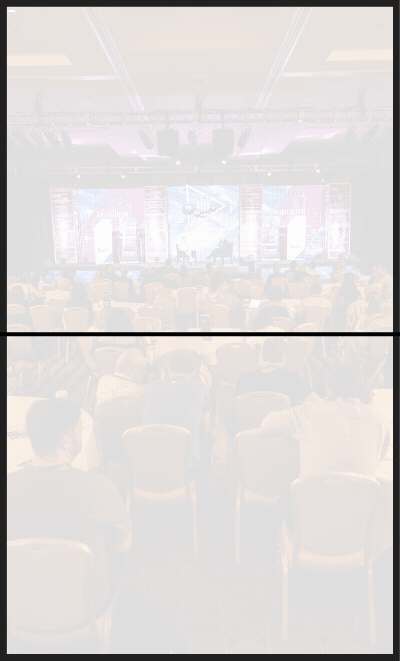


Join the Movement